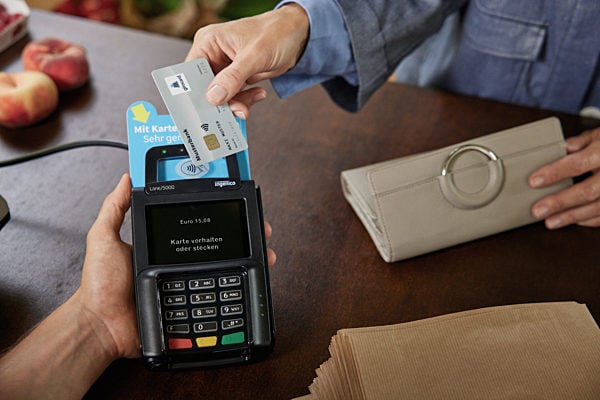The continuous year-on-year rise in rents may have begun to level off, the Welt newspaper reported on Wednesday.
Rents fell over the period from July to September, not only in cities with shrinking populations, but also in Germany’s main cities, according to the IMX housing index study by estate agency portal Immobilienscout24.
“In Munich, Hamburg, Cologne and Frankfurt am Main rents fell by up to 1.8 percent,” Michael Kiefer, head analyst at Immobilienscout24 told the Welt. In the capital, however, rents rose over the same period by 1.42 percent.
It marks the end of years of rent rises for tenants. In 2012, prices jumped in Munich by 6.25 percent, in Hamburg by 5.29 percent and in Stuttgart 4.17 percent.
Berlin – where for a long time after reunification tenants enjoyed disproportionately cheap rent – outstripped all other cities, with a rise of 7.62 percent. Overall, average rent in Berlin has shot up by 35.6 percent since the annual index was launched in March 2007.
Check out The Local’s top ten tips for flathunters in Germany here
“The very high rents demanded no longer correspond to the living conditions of many people,” said Kiefer.
Rising rents have prompted many families to vote with their feet and opt for larger, cheaper properties on the outskirts of cities. But some argue that there is no need for politicians to intervene in the housing market to keep rents affordable – it will regulate itself if left alone.
Have you been affected by exploding rents over the past years? Do you think politicians should intervene in places like Berlin where rents continue to rise? Or should the state leave well alone and let the capital catch up with the rest of the country? Leave your comments below.
The Local/jlb



 Please whitelist us to continue reading.
Please whitelist us to continue reading.
Member comments